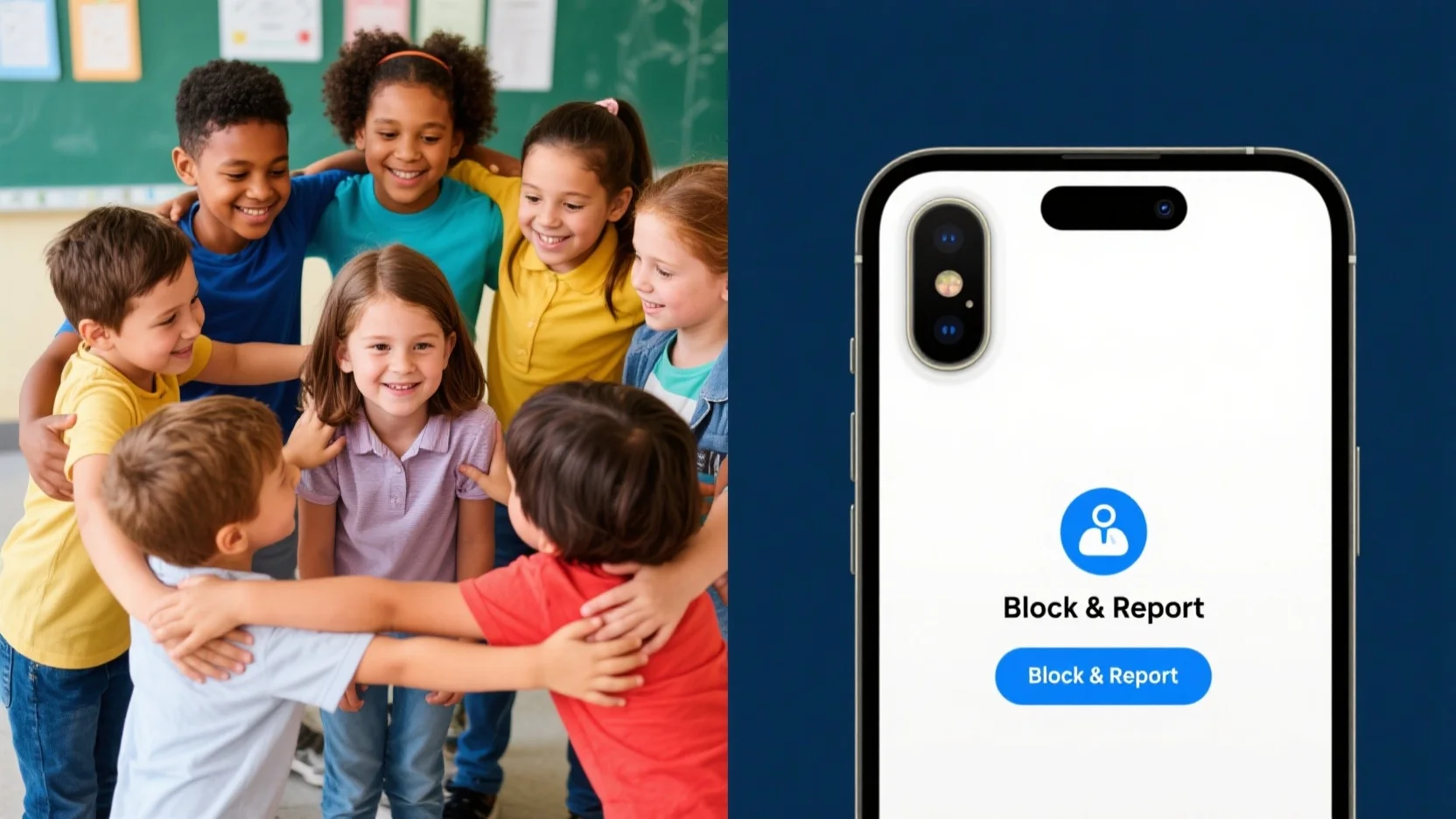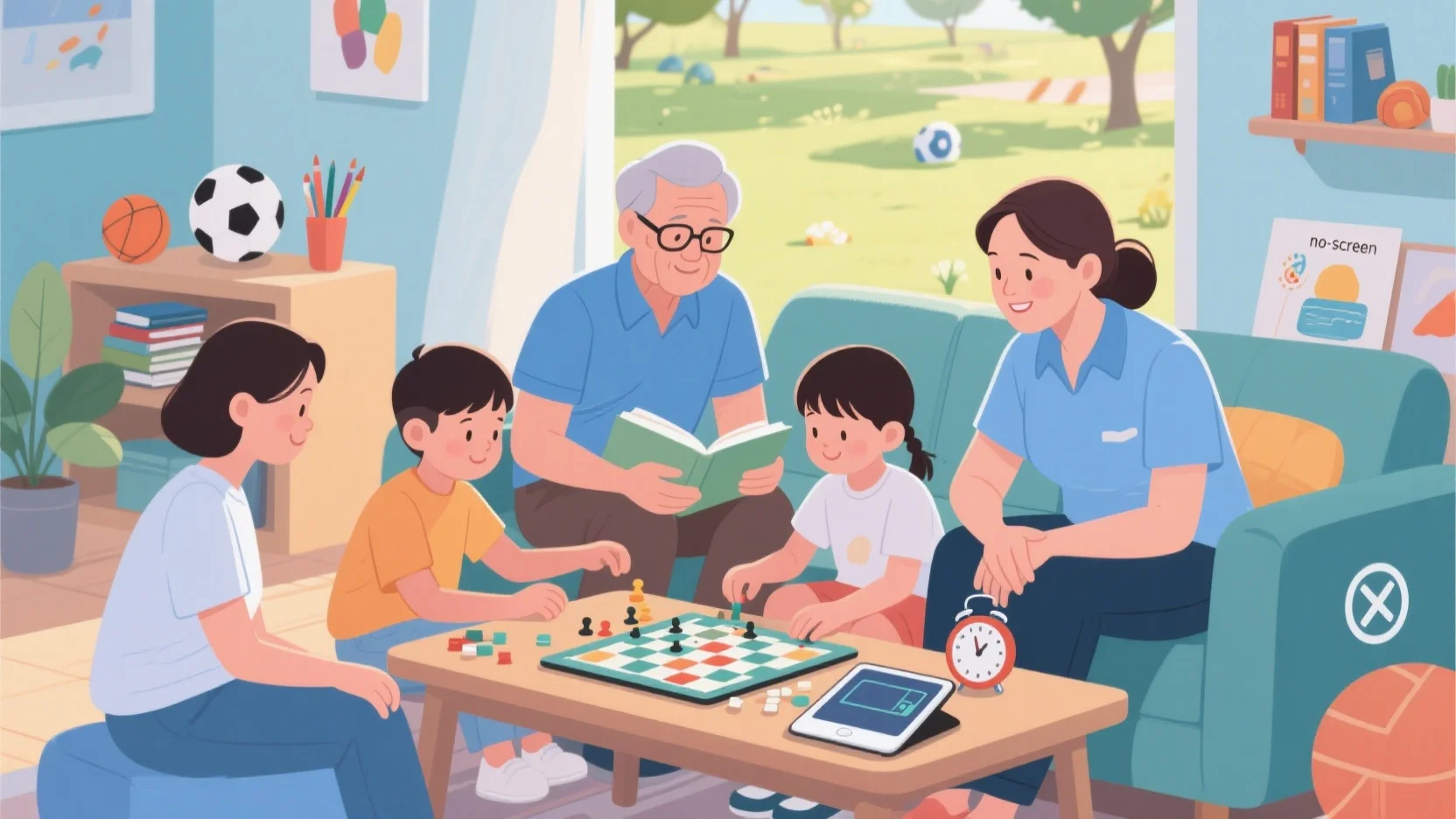The past year has left many parents worried about their child’s academic progress. With disrupted routines, uneven access to learning, and emotional challenges, students may have fallen behind—but experts agree there are practical ways to help them recover without added stress.
Understanding the Learning Gap
- By June 2021, studies showed students lost 5–9 months of learning on average, with math skills most affected.
- 36% of parents expressed concerns about their child meeting grade-level goals this year.
- Disparities were widespread: Some students had full classroom access, while others faced homelessness, food insecurity, or limited technology.
Yet, educators remain optimistic. While math recovery may take longer due to its sequential nature, early elementary students often rebound quickly in reading. Third grade is a critical milestone—shifting from “learning to read” to “reading to learn.”
4 Strategies to Support Your Child
1. Rebuild Routines & Mindsets
- Reframe the year as a fresh start. Avoid panic; focus on rebuilding positive associations with school.
- Re-establish home habits:
- Set a consistent homework time and space.
- Create a “paperwork station” for physical assignments (after a year of digital work).
- Use planners for older kids to teach time management.
2. Partner with Teachers
- Teachers will assess gaps early. Share insights about your child’s remote learning struggles.
- Observe and note:
- Can they work independently?
- Which words or math concepts trip them up?
- What reading materials do they enjoy?
- Speak up if concerns arise—don’t wait for parent-teacher conferences.
3. Make Learning Collaborative
- At-home activities beat flashcards:
- Read together and discuss books at their level.
- Bake (measuring ingredients = math practice).
- Play word games or listen to audiobooks.
- Schools may offer free tutoring (ask about federal-funded programs or volunteer tutors).
4. Address Emotional Needs
- Younger kids may need to relearn classroom norms (raising hands, taking turns).
- Academic delays aren’t the only concern: Social skills, confidence, and mental health matter just as much.
- For students with disabilities/IEPs: Revisit support plans now that in-person services have resumed.
When to Consider Extra Help
- Tutoring (even short-term) can target specific gaps. Example: One mom used stimulus funds for math tutoring, helping her daughter master missed third-grade skills.
- Summer programs funded by schools may provide additional catch-up time.
The Bottom Line
While gaps exist, children are resilient. Progress may take months, but consistency and patience pay off. As Harvard’s Dr. James Kim notes, “This year isn’t about perfection—it’s about steady growth.”
Focus on:
✅ Routines → Stability
✅ Teacher teamwork → Targeted support
✅ Real-world learning → Confidence building
✅ Emotional check-ins → Whole-child growth
By balancing academics with emotional support, you’ll help your child thrive—not just catch up.
Have a success story or tip? Share it below to help other parents!








